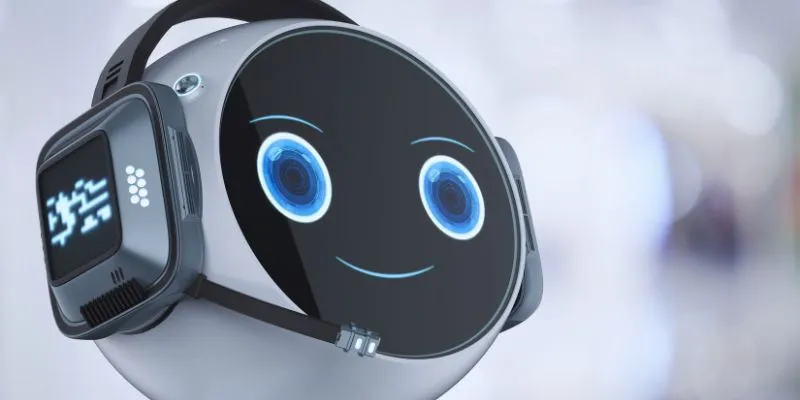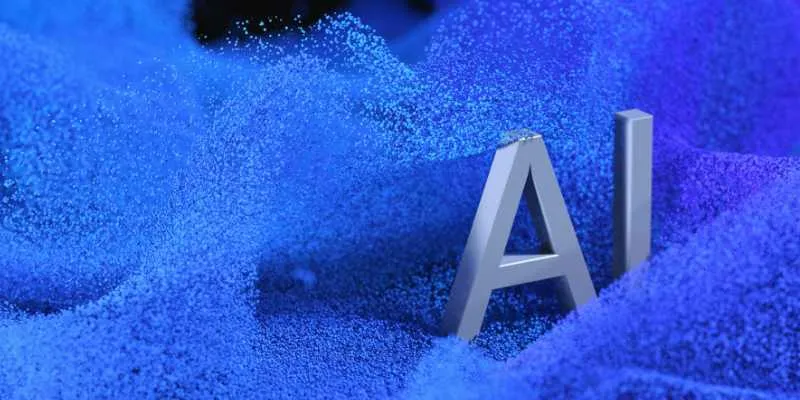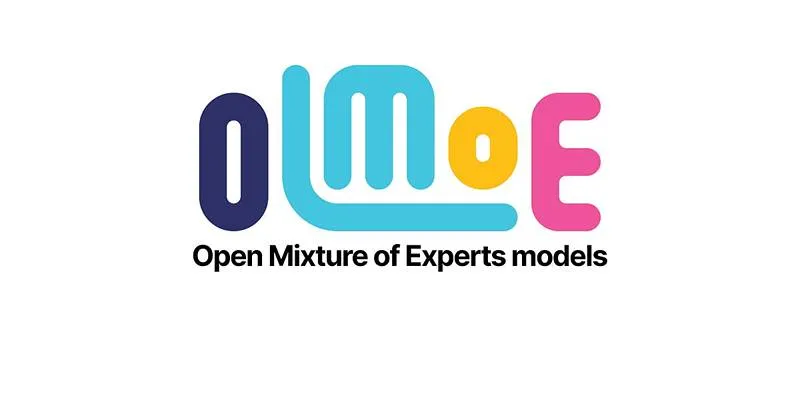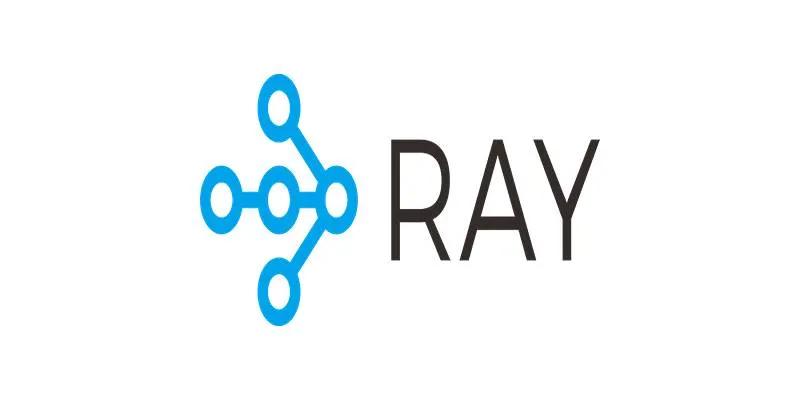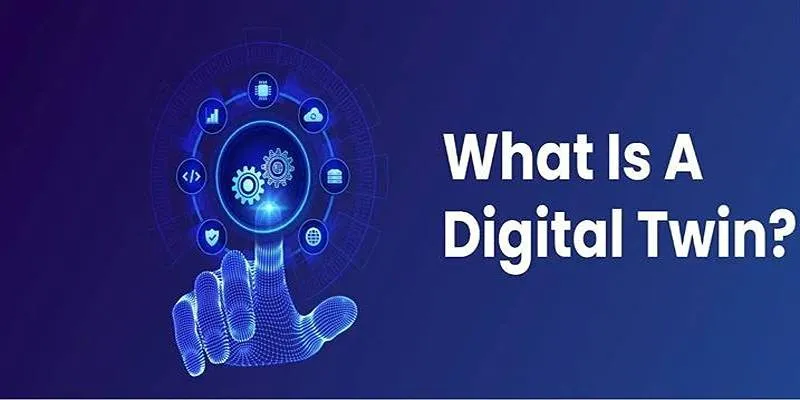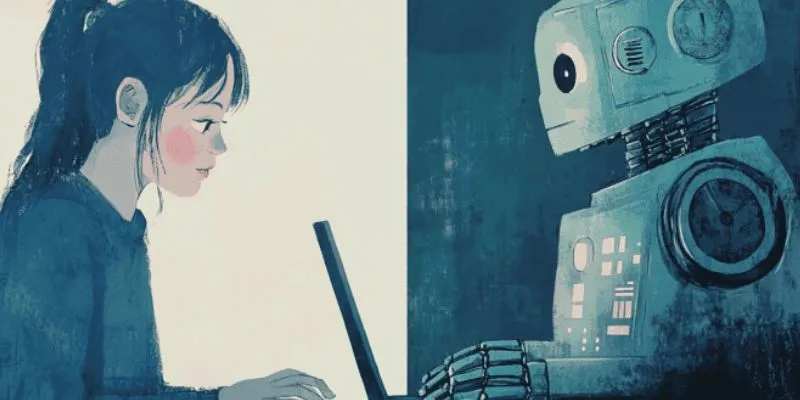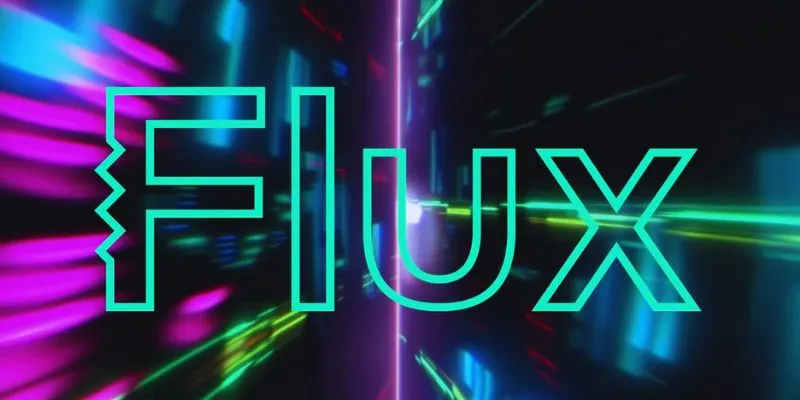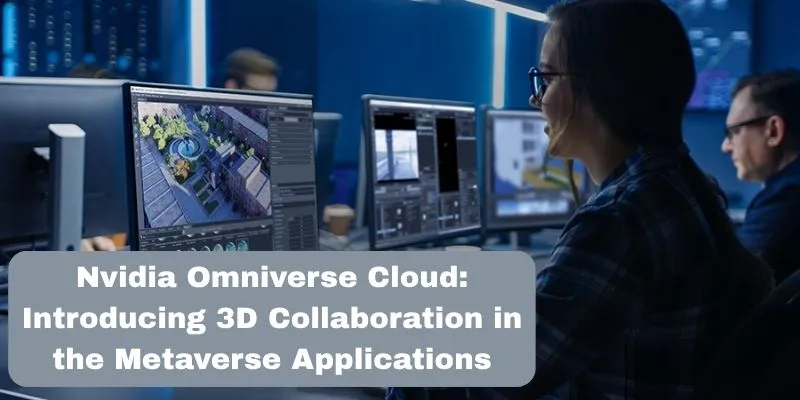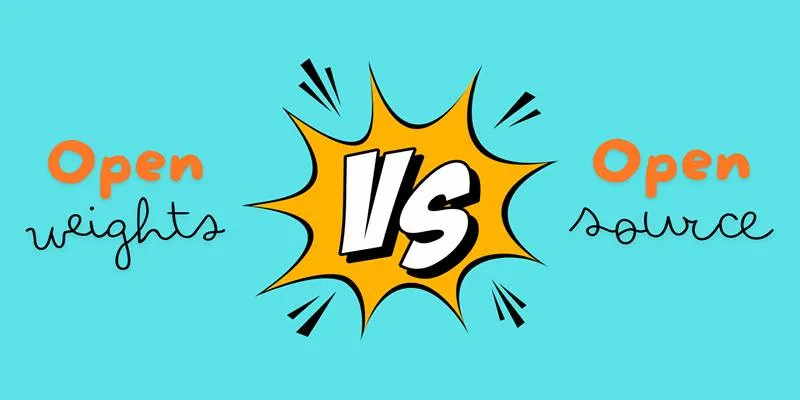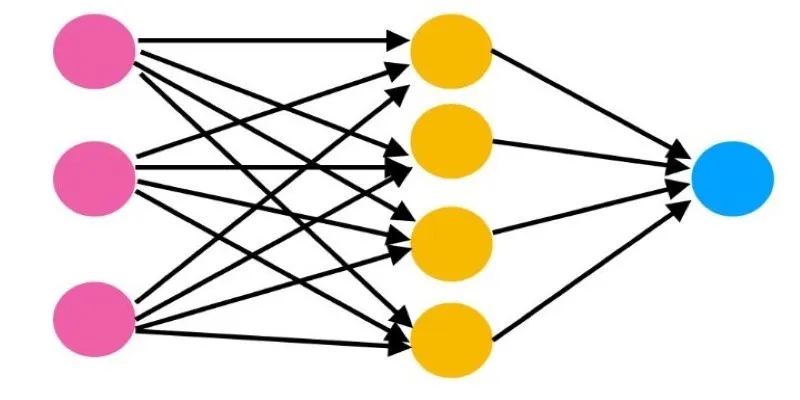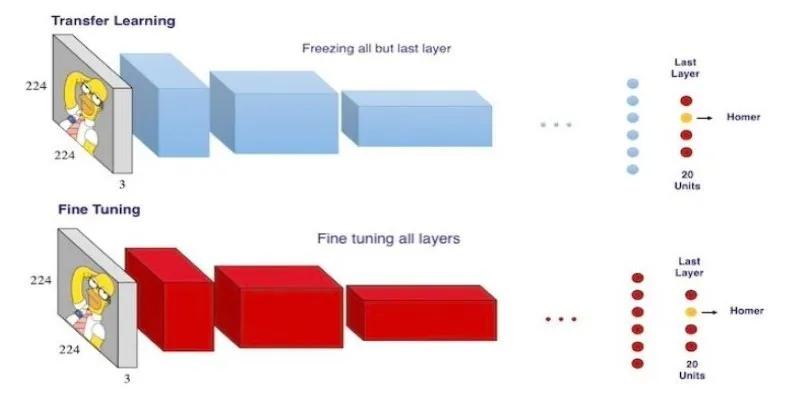AI video generation is evolving rapidly, thanks to advanced tools that can create videos from just a few lines of text. Leading the charge in this innovative space are Sora by OpenAI and Veo 2 by Google DeepMind. These tools are not only impressive—they’re revolutionizing how visual content is created. However, when it comes to realism, which one truly stands out? In this post, we’ll delve deep into Sora and Veo 2 to determine which AI model produces more realistic videos, aiding creators and professionals in making informed decisions.
What is Sora?
Sora is OpenAI’s inaugural text-to-video model. It enables users to produce short, high-quality video clips with just a sentence or two. The model can generate scenes ranging from real-world environments to imaginative visuals, focusing on cinematic quality. Utilizing physics-aware systems, Sora handles elements like lighting, shadows, motion, and reflections, resulting in polished videos created entirely by AI.
Features of Sora
- Generates videos up to 60 seconds
- Supports 1080p HD output
- Handles realistic lighting and reflections
- Focuses on scene consistency
- Ideal for nature, landscape, and stylized clips
Currently, Sora is in the testing and refinement stage, with OpenAI showcasing its storytelling and visual capabilities through select sample videos.
What is Veo 2?
Veo 2 is the next-generation model from Google DeepMind. It aims to produce smoother, longer, and more realistic videos than its predecessors. Veo 2 excels in creating scenes with dynamic movement, appropriate camera angles, and enhanced human motion.
One of Veo 2’s standout features is its ability to generate multi-shot videos, seamlessly stitching together various shots like a film sequence. This capability makes it suitable for both single scenes and comprehensive storytelling.
Features of Veo 2
- Produces HD videos up to 1 minute long
- Handles complex, multi-step prompts
- Delivers superior frame consistency
- Focuses on realistic human movement
- Trained on extensive, high-quality video datasets
Veo 2 caters to both short-form and narrative content, establishing itself as a powerful tool for creators seeking cinematic realism.
Sora vs Veo 2: A Realism-Focused Comparison
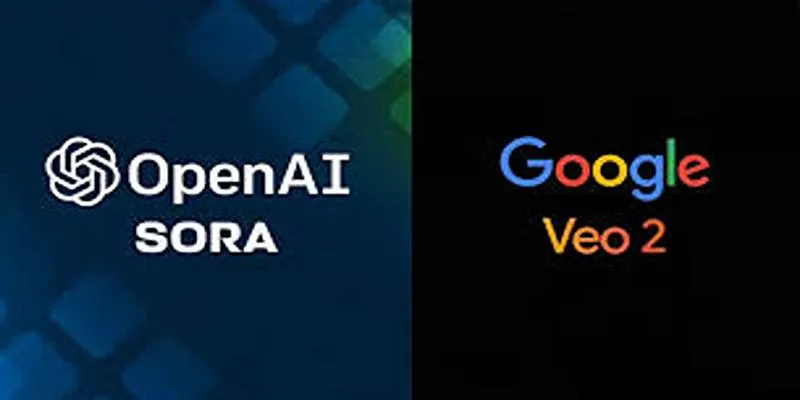
When evaluating these tools, the primary focus is on the realism of their videos. Both utilize large AI models and advanced training techniques, but they differ in how they interpret prompts, generate visuals, and maintain consistency.
Visual Quality
Sora emphasizes artistic visuals, often producing videos that resemble short films or dream-like scenes. It effectively handles elements like shadows, fog, and rain. However, fine details—such as human hands or faces—might sometimes appear slightly off.
In contrast, Veo 2 delivers cleaner and sharper visuals. Its movements are more natural, especially regarding walking, turning, or interacting with objects. Background elements also remain stable as the scene unfolds.
Realism in Human Motion
Sora excels with animals, nature, and simple character movements but may struggle with generating people running, dancing, or using their hands.
Veo 2 shines in this domain, creating lifelike human motion that makes its output resemble real video footage. Facial expressions, body language, and action shots appear smoother and more accurate.
What Makes a Video Look Realistic?
Several crucial elements determine realism in AI-generated videos:
- Motion Consistency: Are movements smooth or jittery?
- Frame Stability: Do backgrounds remain steady or shift oddly?
- Lighting and Shadows: Do light sources make sense?
- Human Anatomy: Are body parts correctly shaped and proportioned?
- Scene Understanding: Does the scene align logically with the prompt?
Both Sora and Veo 2 strive to excel in these areas. However, based on early results, Veo 2 outperforms Sora in more categories.
Performance Breakdown
To understand their capabilities better, here’s a basic side-by-side comparison focused on realism:
| Feature | Sora | Veo 2 |
|---|---|---|
| Resolution | 1080p HD | 1080p HD |
| Max Duration | 60 seconds | 60 seconds |
| Scene Realism | High (especially in nature) | Very High (overall) |
| Human Motion | Moderate | Excellent |
| Prompt Understanding | Strong | Strong |
| Visual Stability | Good | Very Good |
| Camera Angles | Limited | Dynamic |
| Facial Expression Accuracy | Moderate | High |
Use Cases for Each Tool
Both models cater to different creative goals. Here’s how they fit into various content types:
Best Use Cases for Sora
- Scenic landscapes
- Art-focused visuals
- Dreamy or fantasy clips
- Product video concepts
Sora is ideal for storytelling with a softer, cinematic feel, making it suitable when the focus is on mood, ambiance, and artistic value.
Best Use Cases for Veo 2
- Film-style video clips
- Human-centric stories
- Sports and action scenes
- Complex transitions and multi-shot videos
Veo 2 excels when realism is paramount, particularly with human interaction, facial movement, and dynamic motion.
Why Veo 2 Wins in Realism
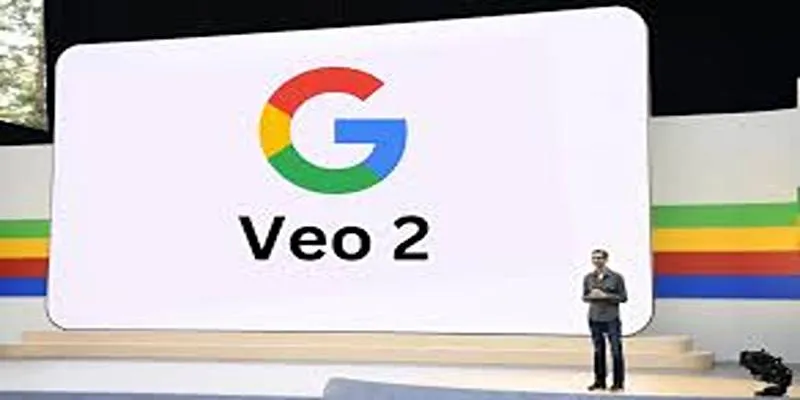
While both tools are cutting-edge, Veo 2 currently has the upper hand in realism, offering:
- Smoother movement: Characters walk and run more naturally
- More accurate proportions: Limbs and faces look more human
- Improved background control: Fewer flickers and visual errors
- Multi-camera storytelling: Scenes change angles fluidly
For professionals seeking realistic AI-generated footage, Veo 2 provides a more reliable result than Sora in most scenarios.
Conclusion
Both Sora and Veo 2 are pushing the boundaries of what AI can achieve in video creation. While both tools are remarkable, Veo 2 currently stands out as the more realistic video creation tool, especially in terms of human movement and complex scenarios. The choice between these tools depends on the content goal for producers, marketers, and filmmakers looking to integrate AI into their video productions. Sora excels in producing stunning artistic visuals, whereas Veo 2 is the superior choice for creating cinematic and lifelike videos.
 zfn9
zfn9
